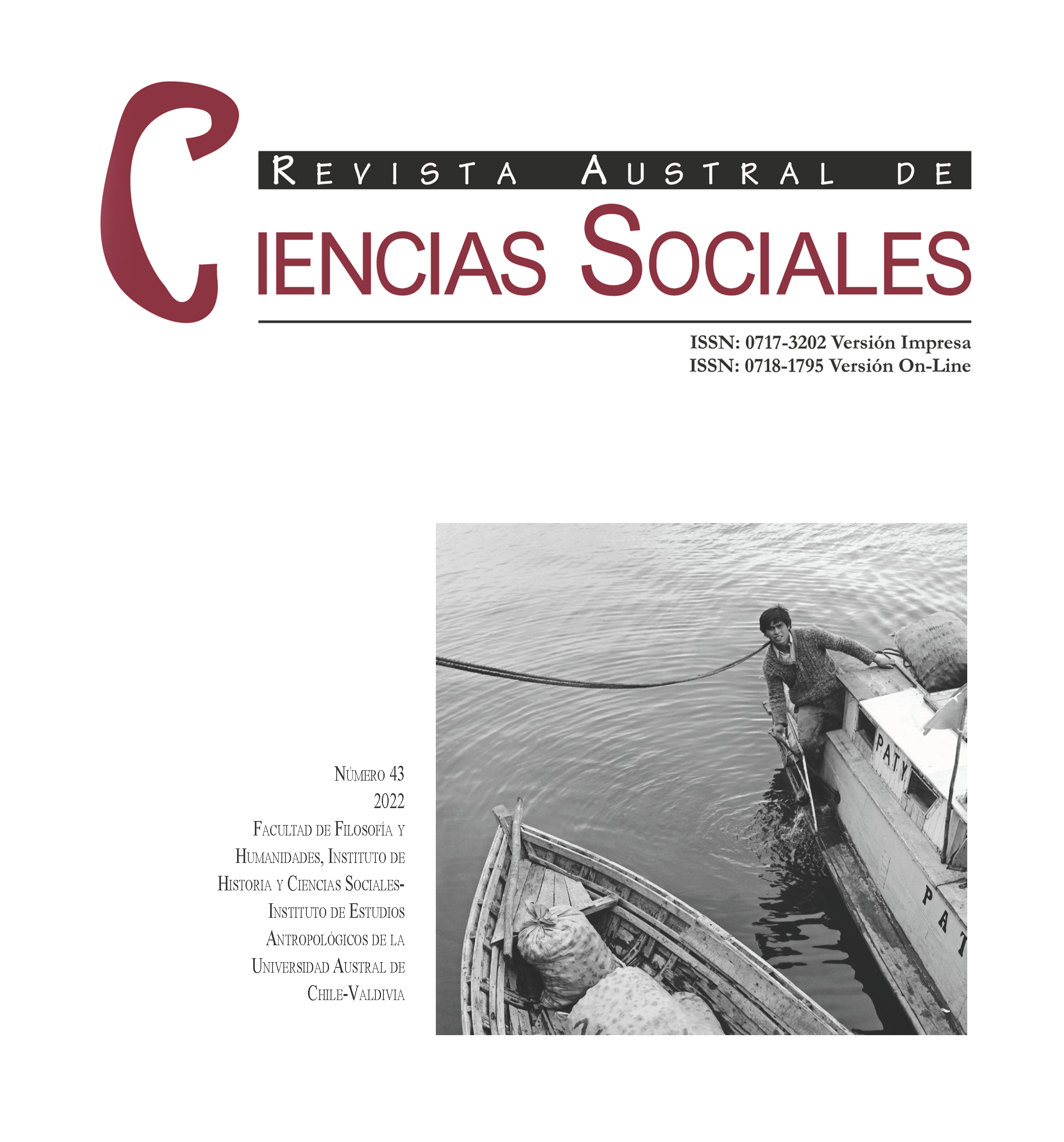Migration, Social Incorporation, and Rooting: A Comparative Study of Haitians and Dominicans Residing in Santiago de Chile (2010-2021)
Main Article Content
Abstract
The purpose of this article is to understand the processes of incorporation and settlement of Haitian and Dominican migrants residing in Santiago of Chile, who arrived during the last decade in the context of South-South mobility, particularly in Latin America and the Caribbean. In this study, we present the results of qualitative research carried out between 2017 and 2020 according to two main issues: 1) Incorporation or social exclusion; and 2) Rooting or return. Our study showed that, amongst Haitians, there is a memory of national crisis, insecurity and lack of opportunities in their home country that makes sense for them to stay in Chile. Nevertheless, experiences of discrimination and barriers to incorporation have made them consider to return to Haiti, which increased in 2020- 2021. In contrast, Dominicans have a feeling of living in a state of transience that tends to generate ambivalence about whether or not to settle in Chile, despite the fact that they have experienced a better incorporation than Haitians, with clear differences in resources, consumption possibilities and future expectations according to socio-economic stratum among Dominicans.

